How To Prove Payment of Rent and Who Must Prove It. Daily Law Tips (Tip 666) by Onyekachi Umah, Esq., LL.M, ACIArb(UK)
Introduction:
It is common to find landlords, tenants and their tenancy matters/cases in courts, over non-payment of rent. Most tenancies and landlords survive on rent, so failure to pay or delay in payment of rent has huge consequences. In courts, the eyes of law, is not often the eyes of man. Courts have fixed procedures that must be followed in quest for justice unless where such procedures will cause injustice. Having in mind court procedures, this work examines the burden of proof on landlords and tenants to prove payment of rent.
Courts, Facts and Proof of Evidence:
Courts in Nigeria expect parties to a case to prove every fact placed before the court, except for facts that are generally known and which the courts have taken notice of (judicial notice). For example, a party in a litigation (land dispute case) must prove his ownership, may be by showing to court his land documents. However, the party does not need to prove that he is a Nigerian, since a property owner must not be a Nigerian and courts know this fact, also he does not need to prove that by the custom/native law of Mgbowo People in Enugu State, that a son can inherit from his father. Generally, courts want proof and will base their judgments on proof. So, no matter how accurate a fact may sound or seem, unless he/she has sufficient evidence to proof such fact, no court will believe him/her. Generally, he who claims anything must prove the existence of what he claims.
Courts and Proof of Payment of Rent:
Rent is simply an agreed value given to a property owner by a tenant for the period of time the tenants uses the property. It is the fee paid to a property owner by a tenant for the time the tenant uses the property of the property owner. Where there is a case in court and there is need to prove payment or non-payment of rent, the court expects proof of evidence of payment from the part that claims that rent was paid. This will be further examined using the judgment of the appellate courts in Nigeria.
- “…In civil cases the initial burden of proof is on the party who desires that Judgment be entered in his favour based on facts which he assert to prove those facts as required by law. See the following cases:- OKOBULE VS. OYAGBOLA (1990) 21 N.S.C.C. PART 3 PAGE 193. NEPA VS. AKPATA (1991) 2 NWLR PART 175 PAGE 536. SECTIONS 131,132 AND 133 OF THE EVIDENCE ACT 2011. But the burden of proof in civil cases is not static, it shifts depending on the state of the pleading of the parties. See the case of -BUHARI VS OBASANJO (2005) 7.S.C. PART II PAGE 123. The standard of proof in civil cases is on the balance of probabilities or preponderance of evidence. See SECTION 134 OF THE EVIDENCE ACT 2011, and the following cases:- ITAUMA VS AKPE- IME (2000) 7 S.C. PART II, PAGE 24 ENO VS ANI (2004) 1 S.C PART II PAGE 115. … (tenant) Respondent (has) to prove that he paid his rent as and when due. He could do this by production of the receipt of payment he made as pleaded and testified to at the lower Court. The failure of the (tenant) Respondent to tender in evidence the receipts referred to earlier in his pleadings and evidence is fatal to his case and the only inference that could be drawn from the scenario is that he never paid any rent apart …. Section 167 (d) of the Evidence Act 2011 is therefore applicable in this case because the evidence like receipts which ought to be tendered/produced and is not produced would if produced, be unfavourable to the (tenant) Respondent who withholds it. Per JIMI OLUKAYODE BADA ,J.C.A ( Pp. 11-15, paras. F-B ) ARIGBABU v. OYENUGA (2019) LPELR-47381(CA)
- “The evidential burden of proof has thus shifted to the Respondent. He had the legal burden to prove that he paid the rents. He had a duty to tender the receipts of payment which he pleaded. It is only when he has done that he would be held to have discharged the evidential burden of proof on him. To prove he paid rents after the expiration of the initial rent paid, the Respondent adopted his statement on oath as his oral evidence. The deposition in his statement on oath on this point is a repetition of the averment in his pleadings. He did not tender the receipts evidencing the payment of the rent as he pleaded. He thus failed to discharge the burden of proof on him.” Per FOLASADE AYODEJI OJO ,J.C.A ( Pp. 19-21, paras. B-C ) ARIGBABU v. OYENUGA (2019) LPELR-47381(CA)
- In the case of African Petroleum PLC v Soyemi (2008) All FWLR Part 397 Page 117, the Court of Appeal, Lagos per Galinje J.C.A. Para B-D held as follows: In civil cases, the burden of proving a particular fact is upon the party who asserts it and who will fail if no evidence is called upon the issue, regard being had to any presumption which may arise from the pleadings of the parties. This onus is not static. It continually shifts from side to side in respect of a fact in issue until it finally rests on the party against whom judgment will be given if no further evidence is proffered.” Per OLUDOTUN ADEBOLA ADEFOPE-OKOJIE ,J.C.A ( Pp. 16-22, paras. C-B ) in the case of MATOH v. ADMIRAL ENVIRONMENTAL CARE LTD (2015) LPELR-25905(CA)
- “As in civil proceedings it is trite law that he who asserts proves and the onus of proof is on him who will fail if no evidence is given on an issue vide Section 135, Evidence Act (ibid) – See also Are v. Adisa (1967) NMLR 304.” Per SYLVESTER UMARU ONU, J.S.C ( Pp. 31-32, paras. G-A) in the case of EZEMBA V. IBENEME & ANOR (2004) LPELR-1205(SC)
Conclusion:
When a case is filled in court, the plaintiff (the person suing another) must have proof/evidence of the facts he claims. When the plaintiff proves the facts, the duty to disprove them goes to the defendant (the person being sued by another person). Generally, any person that makes any claim must have evidence to back it up. In a case for rent, the person that claims that rent has not been paid, which will be the landlord must prove that he/she has not received any rent. Then, the party that claims that rent has been paid, which will be the tenant, must prove that rent was paid and show evidence of payment/receipts of rent.
It is never enough to shout and write that payment has been made, there must be proof. Tenants must insist that their landlords issue receipts to them. Where they are no receipts, tenants should keep proof of bank deposits, transfers, cheques for payment of rent, preferably with good descriptions of the purpose of their payments. Click to read my other works on Landlords and Tenants in Nigeria.
My authorities are:
- Sections 131, 132, 133, 134, 136, 140 of the Evidence Act, 2011.
- Judgment of the Supreme Court of Nigeria (on the burden of proof) of EZEMBA V. IBENEME & ANOR (2004) LPELR-1205(SC)
- Judgement of the Court of Appeal (on the burden of proof and proof of rent) in the case of ARIGBABU v. OYENUGA (2019) LPELR-47381(CA)
- Judgement of the Court of Appeal (on the burden of proof) in the case of MATOH v. ADMIRAL ENVIRONMENTAL CARE LTD (2015) LPELR-25905(CA)
#SabiLaw
#DailyLawTips
#SabiBusinessLaw
#SabiElectionLaws
#SabiHumanRights
#SabiLawOnBeatFm
#SabiLawLectureSeries
#CriminalJusticeMonday
#SabiLawVideoChallenge
Speak with the writer, ask questions or make inquiries on this topic or any other via info@LearnNigerianLaws.com or onyekachi.umah@gmail.com or +2348037665878. To receive our free Daily Law Tips, follow our Facebook Page:@LearnNigerianLaws, Instagram: @LearnNigerianLaws and Twitter: @LearnNigeriaLaw
Please share this publication for free till it gets to those that need it most. Save a Nigerian today! NOTE: Sharing, modifying or publishing this publication without giving credit to Onyekachi Umah, Esq. and “LearnNigerianLaws.com” is a criminal breach of copyright and will be prosecuted.
This publication is the writer’s view not a legal advice and does not create any form of relationship. You may reach the writer for more information.
Powered by www.LearnNigerianLaws.com {A Free Law Awareness Program of Sabi Law Foundation, supported by the law firm of Bezaleel Chambers International (BCI).}












































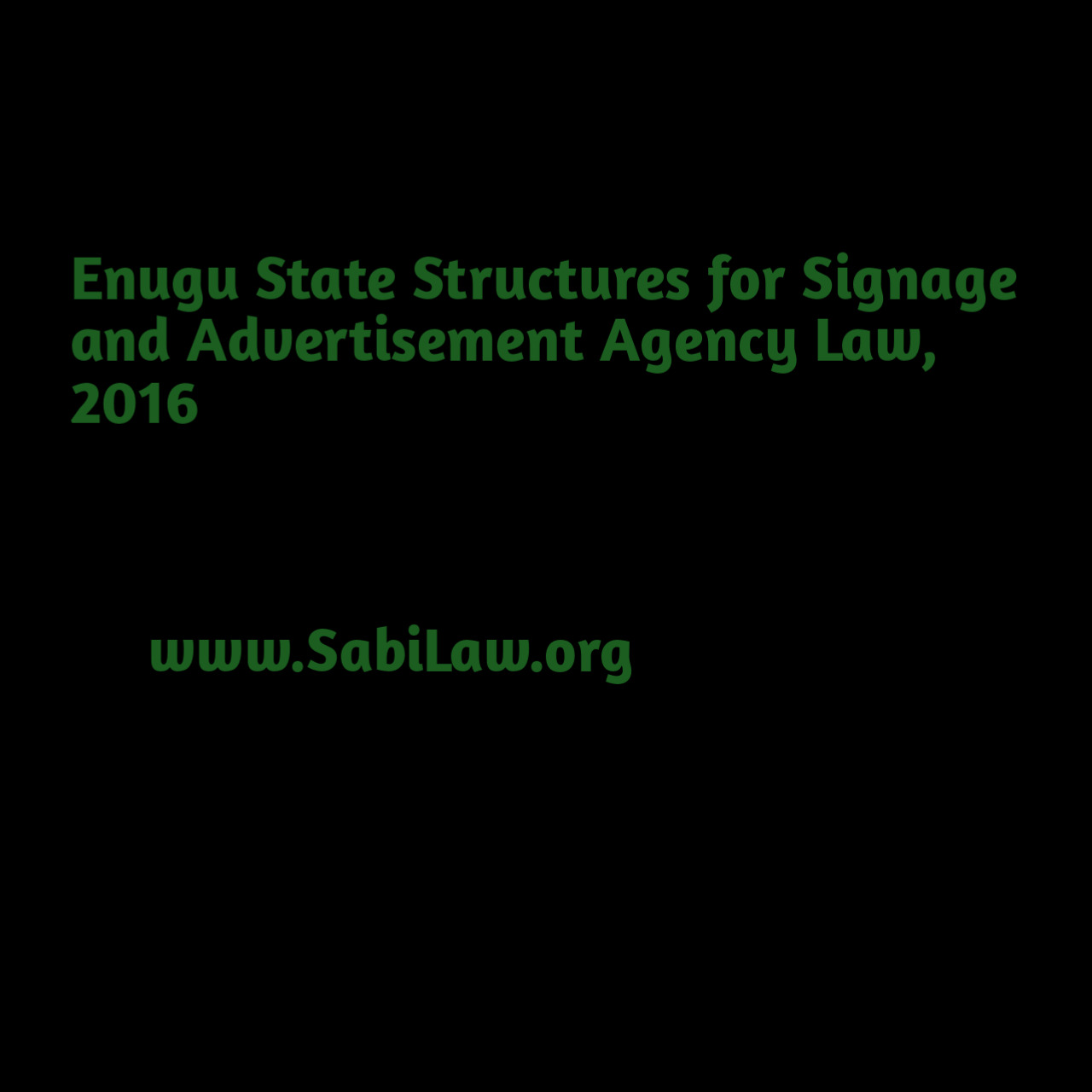

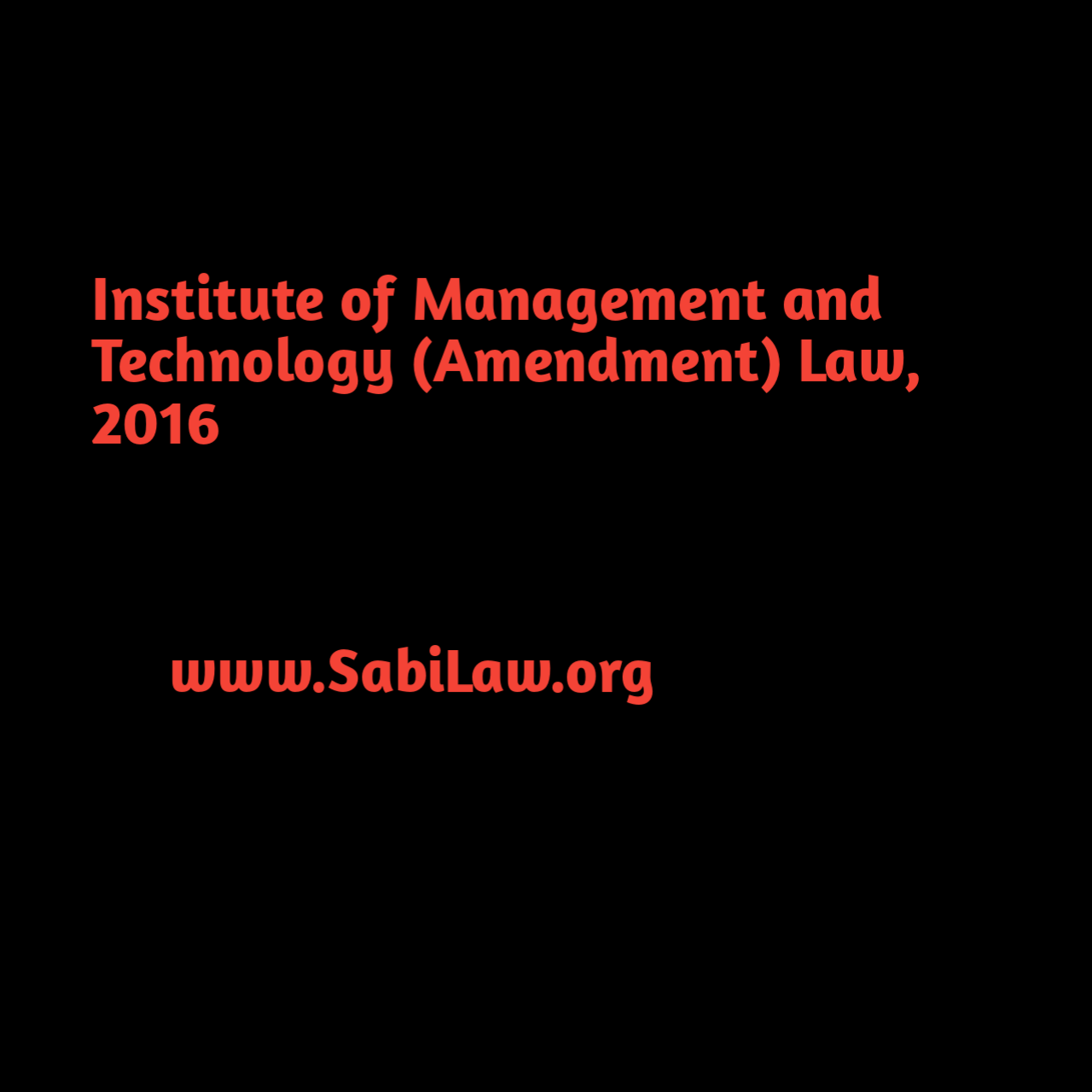
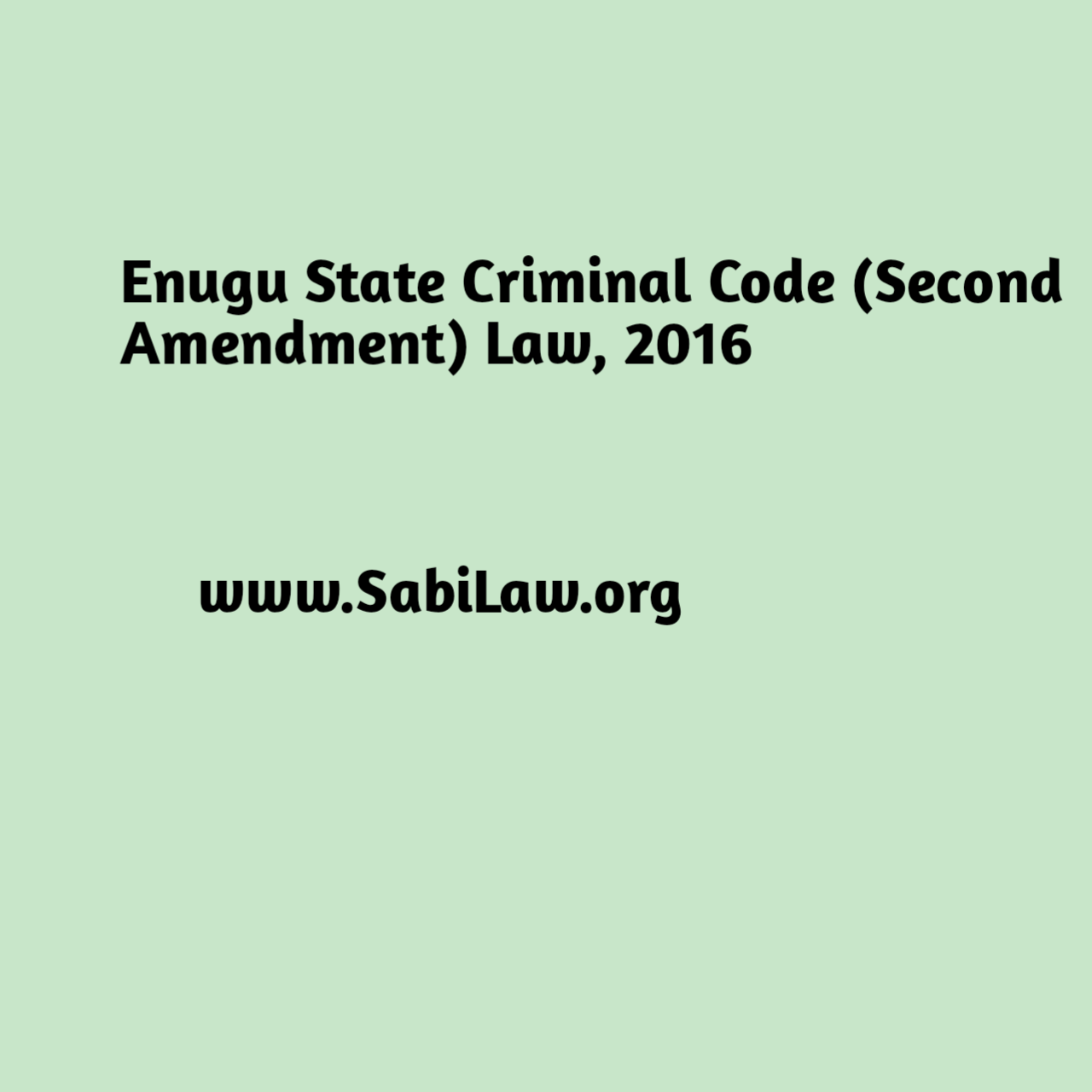



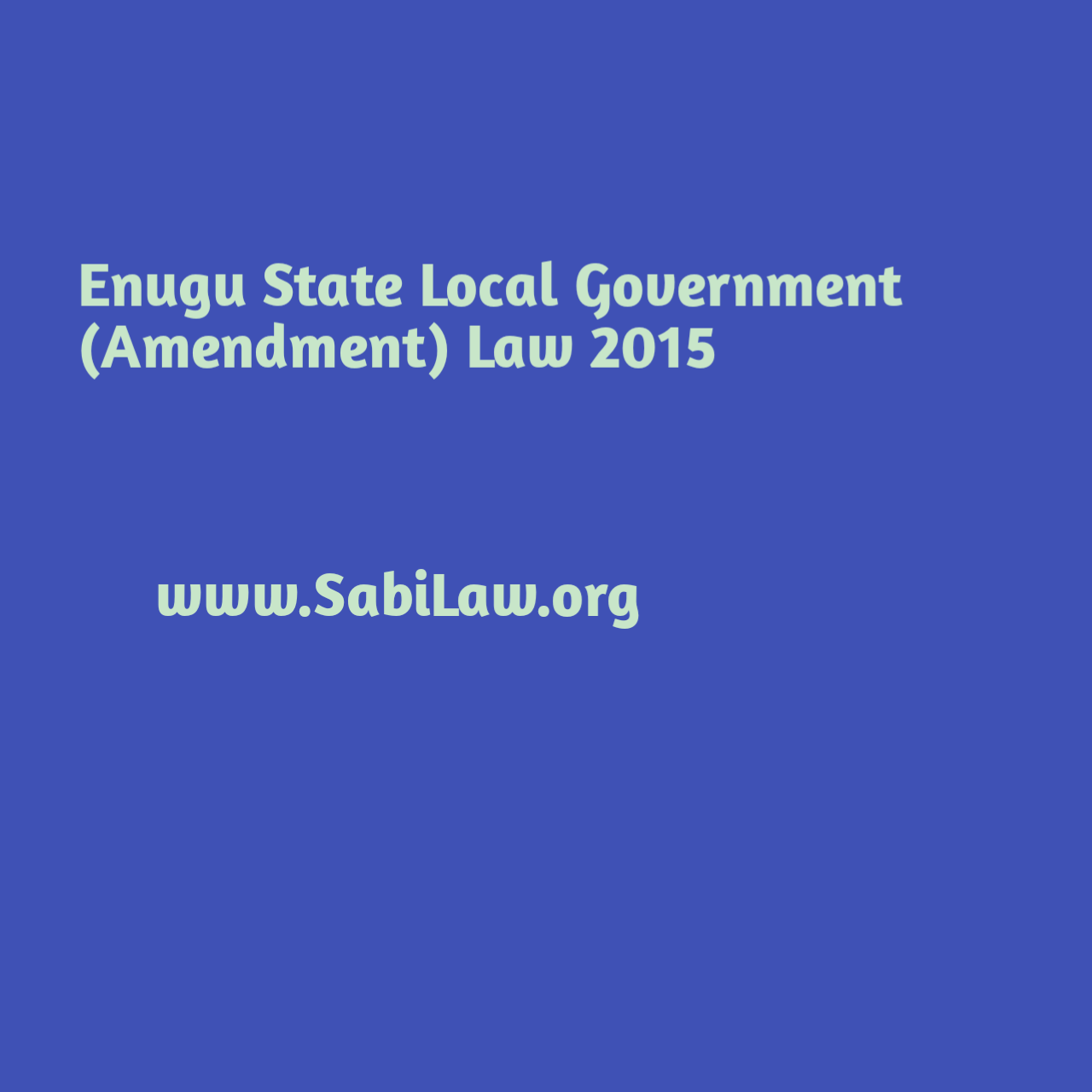
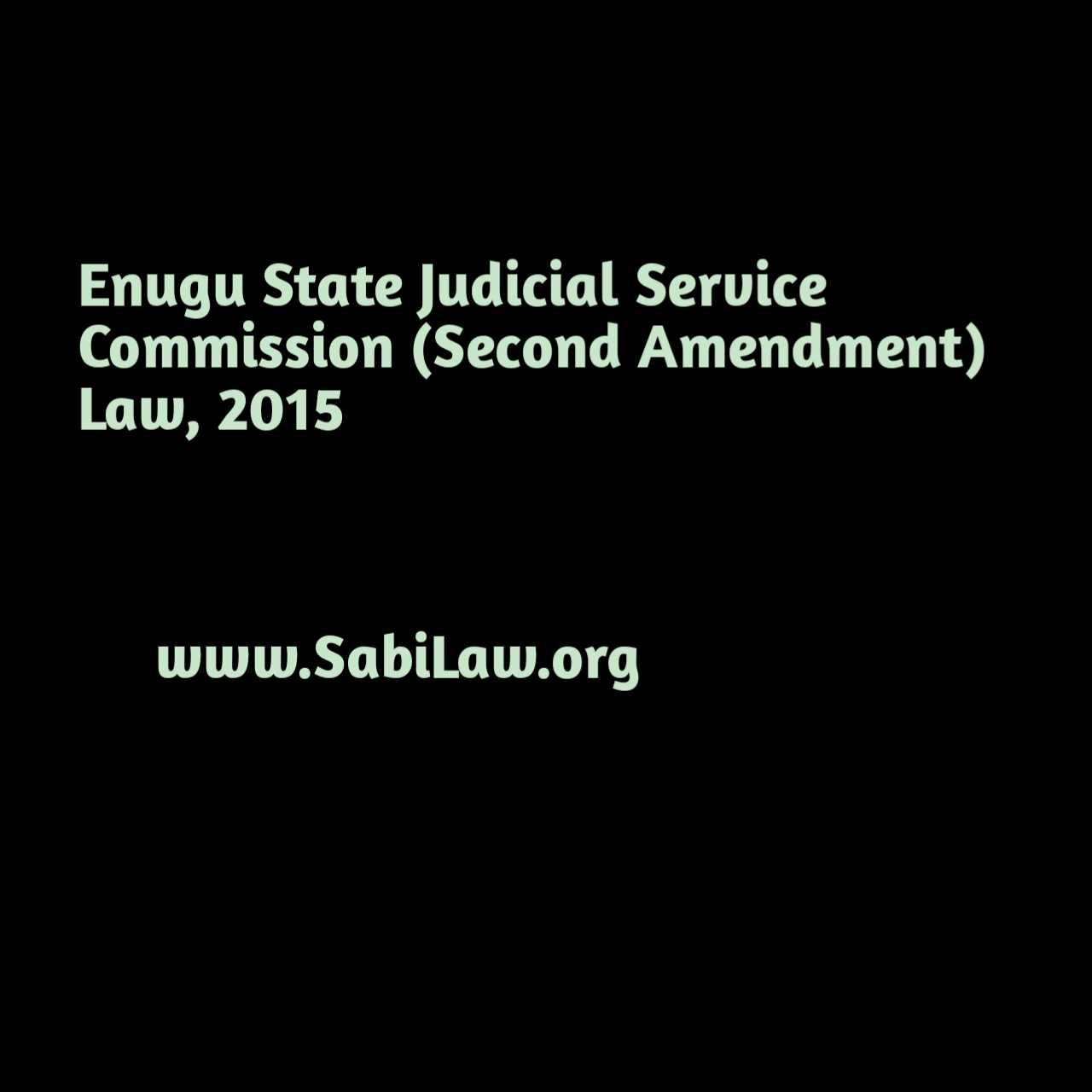
4 Responses